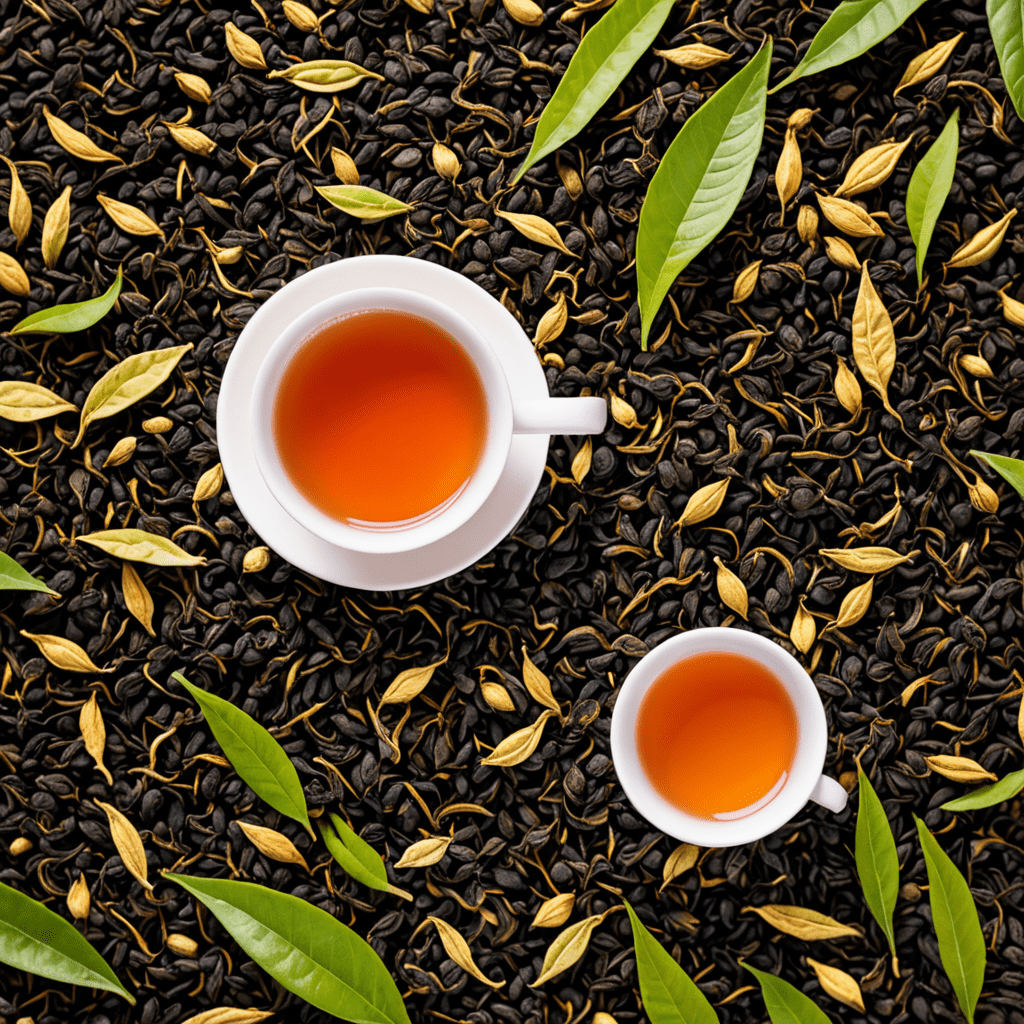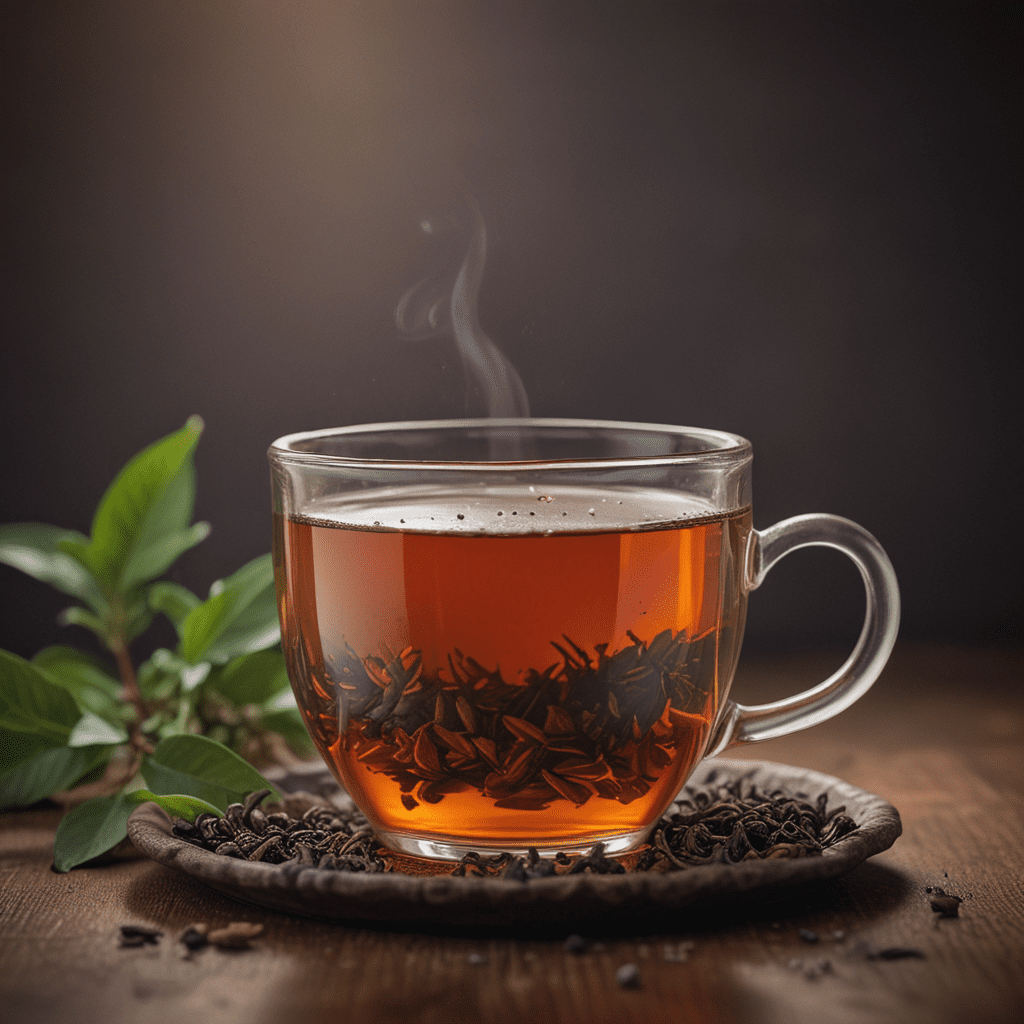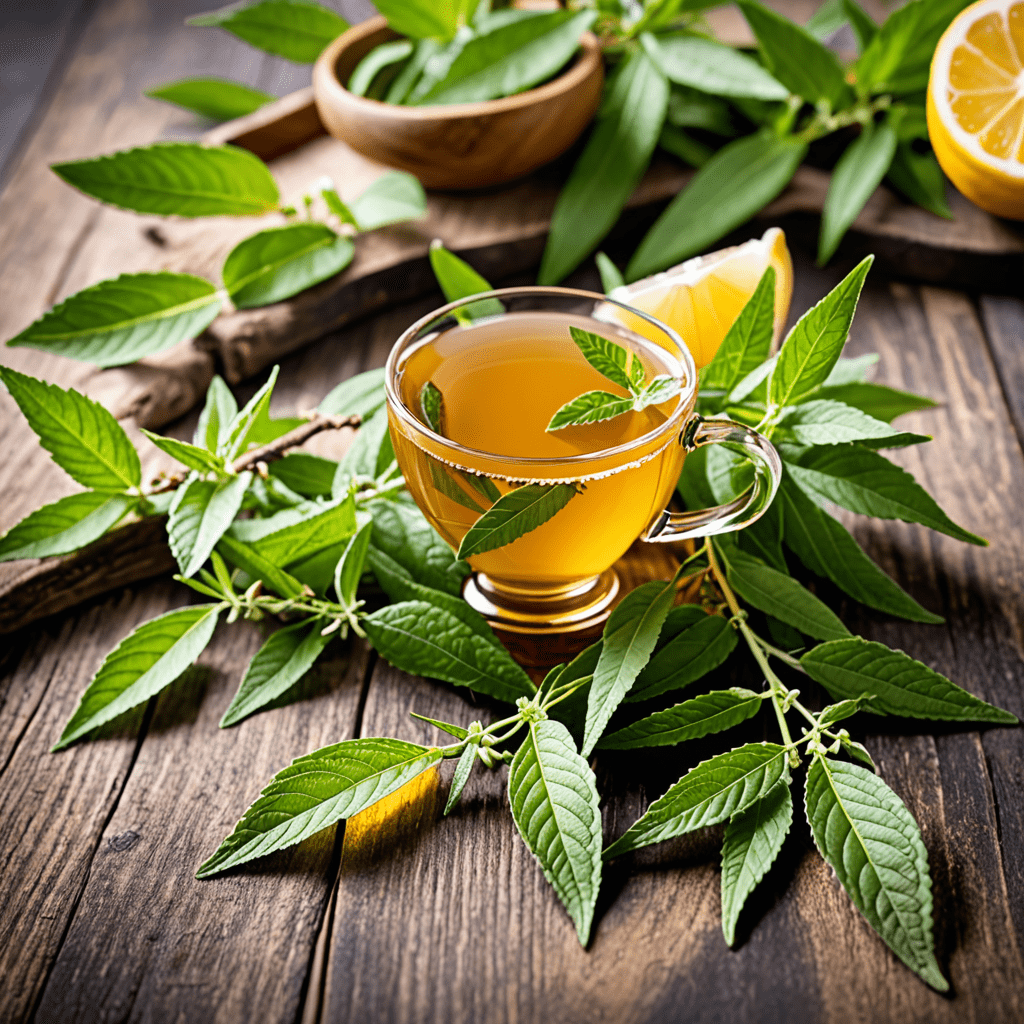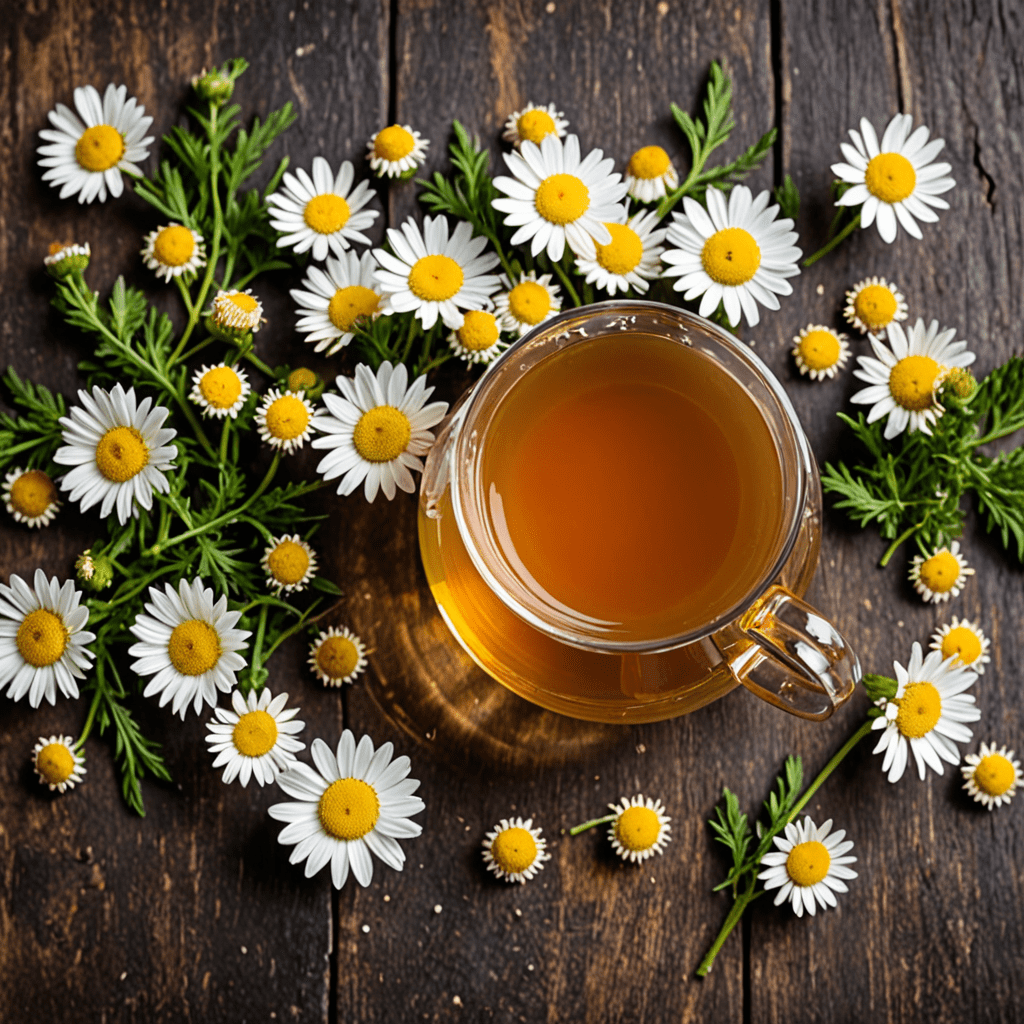
Unveiling the Caffeine Content: Black Tea vs Green Tea Comparison
When it comes to tea, there are countless varieties available, each with its own unique flavor and characteristics. Among the most popular types are black tea and green tea. Both are enjoyed by tea enthusiasts worldwide, but one question that often arises is how much caffeine do these teas contain? In this article, we will compare the caffeine content of black tea and green tea, shedding light on their differences and providing valuable insights into these beloved beverages.
The Basics: Caffeine in Tea
Before we delve into the caffeine content of black tea and green tea, let’s briefly discuss caffeine in tea. Caffeine is a natural stimulant found in various plants, including tea leaves. It is known for its ability to increase alertness and improve focus. However, the exact amount of caffeine in tea can vary depending on factors such as the type of tea, brewing time, and water temperature.
Black Tea: A Bold Caffeine Kick
Black tea, known for its robust flavor and dark color, is a staple in many households. It is made from fully fermented tea leaves and typically has a higher caffeine content compared to other types of tea. On average, an 8-ounce (237 ml) cup of black tea contains approximately 47-90 mg of caffeine. However, this can vary depending on the brewing method and the specific type of black tea used.
Green Tea: A Milder Stimulant
Green tea, on the other hand, is often celebrated for its delicate taste and numerous health benefits. Made from unfermented tea leaves, it undergoes minimal oxidation, resulting in a lower caffeine content. An 8-ounce (237 ml) cup of green tea typically contains around 20-45 mg of caffeine. Again, the actual amount can vary depending on factors such as brewing time and the quality of the tea leaves.
Factors Influencing Caffeine Content
To further understand the differences in caffeine content between black tea and green tea, it is important to consider the various factors that can influence the caffeine levels in each cup. These factors include:
1. Tea Variety
Different tea varieties have varying caffeine content. For example, certain black teas like Assam or Darjeeling are known to have higher caffeine levels compared to other black tea varieties. Similarly, certain green teas like Matcha or Gyokuro may have slightly higher caffeine content than regular green teas.
2. Brewing Time
The length of time you steep your tea can impact the caffeine content. The longer the tea is brewed, the more time the caffeine compounds have to infuse into the water. Therefore, steeping your tea for a longer period can result in a higher caffeine concentration.
3. Water Temperature
The temperature at which you brew your tea can also influence the caffeine content. Higher water temperatures tend to extract more caffeine from the tea leaves, resulting in a stronger caffeinated beverage. Conversely, using lower water temperatures can lead to a milder caffeine content.
4. Serving Size
The size of your tea cup or mug will also play a role in the caffeine content you consume. If you are drinking multiple cups throughout the day, the cumulative effect of caffeine may increase.
Frequently Asked Questions (FAQ)
Q1: Does caffeine content vary between different brands of tea?
A1: Yes, caffeine content can vary among different brands of tea. Factors such as the tea variety, growing conditions, and processing methods can contribute to these variations.
Q2: Will decaffeinated versions of black tea and green tea still contain caffeine?
A2: Despite the name, decaffeinated tea is not completely caffeine-free. It does undergo a process to remove most of the caffeine, resulting in significantly lower levels compared to regular tea but not absolute zero.
Q3: Can I reduce the caffeine content in my tea?
A3: Yes, you can reduce the caffeine content by opting for decaffeinated tea or using lower-quality teas, such as those made from the fannings or dust grade tea leaves, which generally contain lower caffeine levels.
Q4: How does caffeine in tea compare to coffee?
A4: Generally, coffee contains more caffeine per serving compared to tea. An 8-ounce cup of brewed coffee typically contains around 95-165 mg of caffeine, significantly more than most black or green teas.
Q5: Can caffeine content impact the taste of tea?
A5: Caffeine can contribute to the bitter taste in tea. However, other compounds like tannins can also affect the overall flavor profile. Experimenting with brewing techniques and steeping times can help to achieve a better balance of flavors.
Q6: Is the caffeine content of tea affected by the region it is grown in?
A6: The region where tea is grown can influence its caffeine content to some extent. Factors such as soil composition, temperature, and altitude can affect the biochemical makeup of the tea leaves, potentially impacting the caffeine levels.
In conclusion, when comparing the caffeine content of black tea and green tea, black tea generally contains more caffeine. However, it is important to note that the actual caffeine content can vary depending on factors such as tea variety, brewing time, water temperature, and serving size. By understanding these variables, you can customize your tea-drinking experience and choose the type and preparation method that suits your preferences and needs. Remember, moderation is key, so enjoy your tea mindfully and savor the unique flavors it has to offer.


